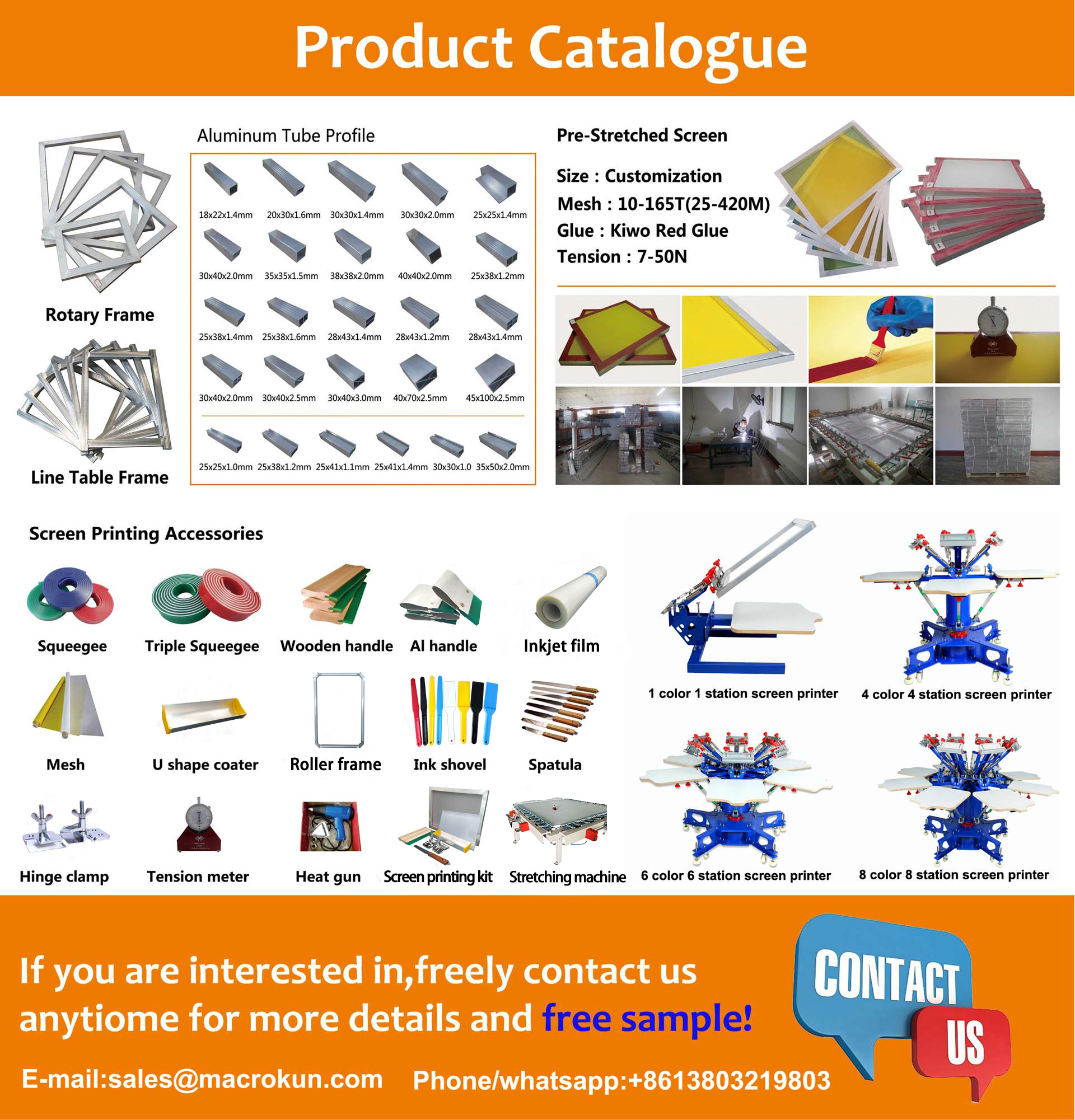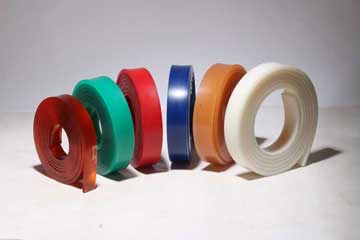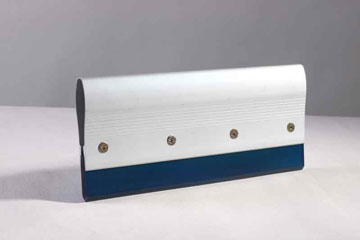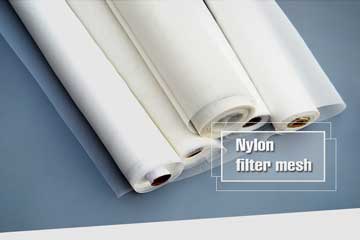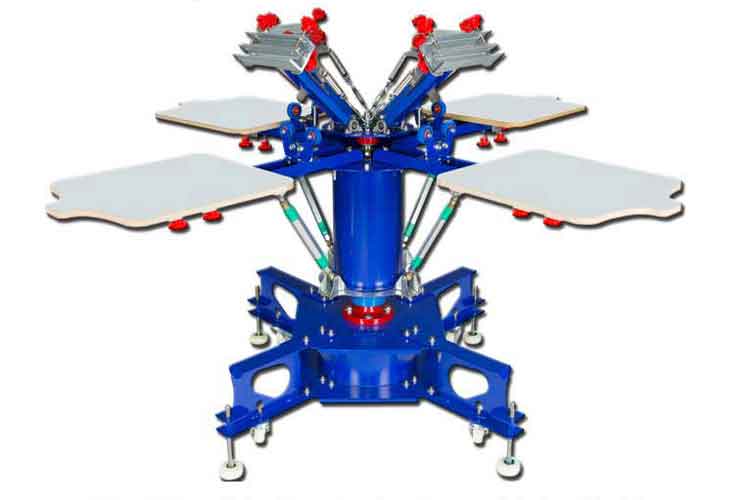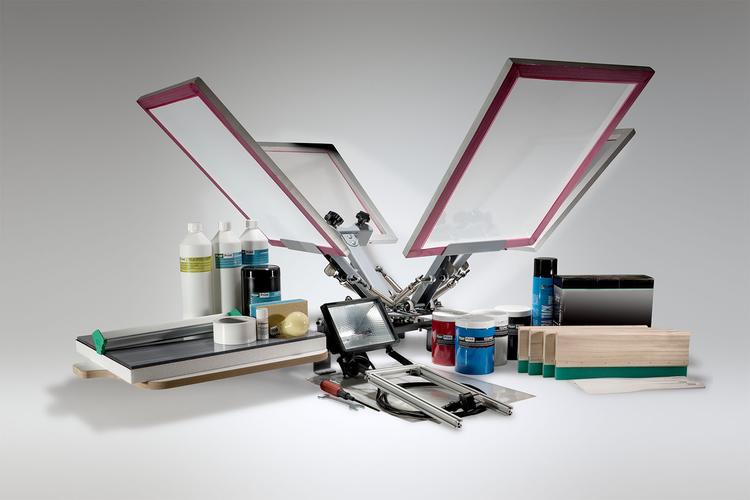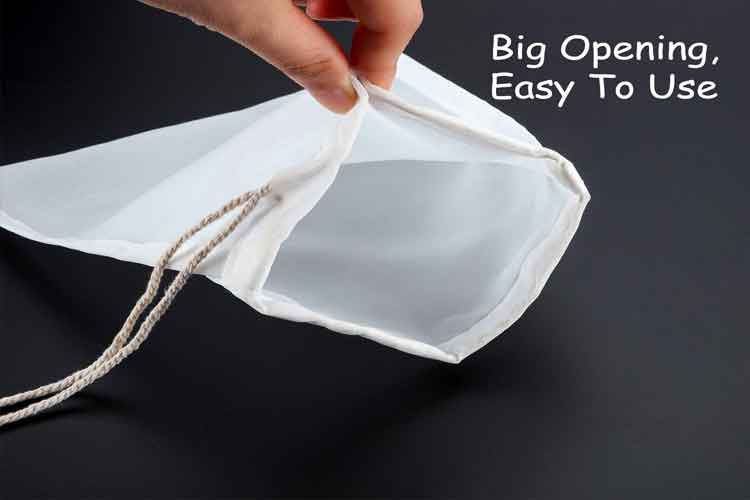Screen Printing Materials List -Macrokun Screen Printing Supplies
We are the best supplier of wholesale sales of screen printing material supplies in China.screen printing need what material?Let's take a look at screen printing materials list.How to buy
To order or inquire about our products, please contact us or send us an inquiry
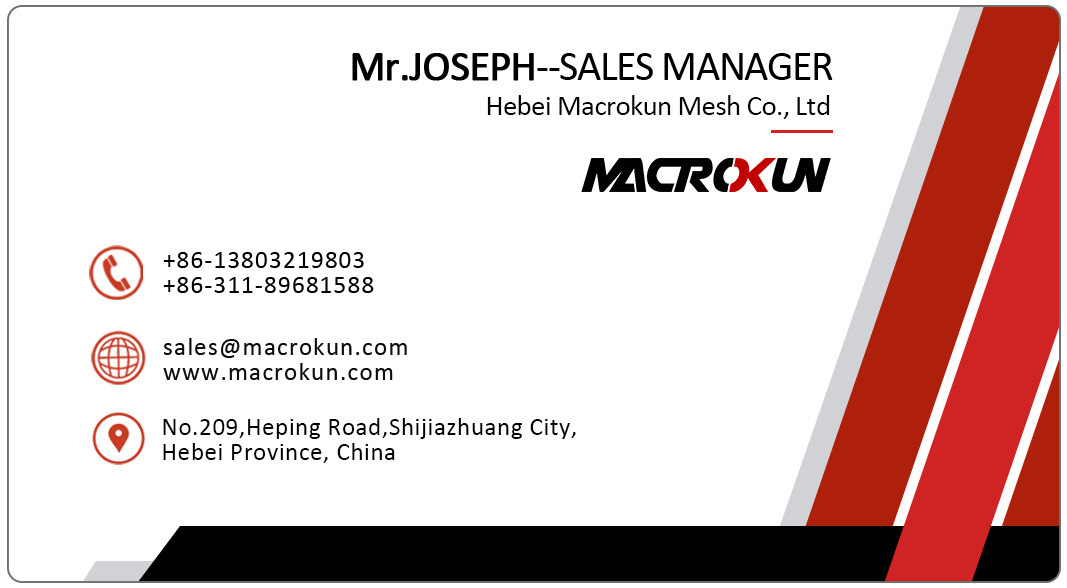
Macrokun company to provide you with best screen printing frames,screen printing mesh,screen printing scrapers and other high-quality silk screen printing supplies. We are the best supplier of wholesale sales of screen printing material supplies in China.Whatever screen printing supplies you need, we are in stock and ready to ship. Find the right person for you.
So, silk screen printing need what material? Let's take a look at screen printing materials list .
Silk screen printing materials list
1. Screen printing materials supplies - Screen printing mesh
2. Screen printing materials supplies -screen printing squeegee
Our Screen Printing Squeegees are designed with precision and durability in mind, making them an essential tool for achieving flawless prints. Manufactured from top-grade polyurethane elastomers, these squeegees are not only resistant to solvents but also built to last through extensive use. Whether you're a seasoned professional or a beginner, using the right squeegee can dramatically enhance the quality of your screen printing process.

What Makes Our Squeegees Stand Out?
-
Top-Grade Polyurethane Elastomers:
- Our squeegees are made from high-quality polyurethane elastomers, known for their excellent durability, chemical resistance, and flexibility. This material ensures that the squeegee performs well even after prolonged exposure to inks, solvents, and cleaning agents.
-
Solvent Resistant and Long-Lasting:
- These squeegees are built to withstand exposure to solvents used in screen printing, ensuring they maintain their performance over time without breaking down or losing their shape. The longevity of our squeegees makes them a cost-effective choice for both short and long print runs.
-
Variety of Durometers for Different Applications:
-
We offer squeegees in various durometer ratings, which refer to the hardness of the squeegee blade. This allows screen printers to select the best squeegee for their specific application, whether they need flexibility or precision. The durometers we provide include:
- 60 Durometer: A soft squeegee ideal for printing on uneven or textured surfaces, allowing for more ink to pass through the screen.
- 70 Durometer: A medium-hard squeegee that offers a balance between flexibility and control, suitable for general-purpose printing.
- 80 Durometer: A harder squeegee that delivers precise control and is best for printing fine details, especially on flat, smooth surfaces.
- 90 Durometer: The hardest option, perfect for precise, detailed prints with minimal ink deposit.
-
We offer squeegees in various durometer ratings, which refer to the hardness of the squeegee blade. This allows screen printers to select the best squeegee for their specific application, whether they need flexibility or precision. The durometers we provide include:
-
Triple Durometer Squeegees:
-
For those who need the benefits of multiple durometers in one squeegee, we also offer Triple Durometer squeegees. These consist of three layers of varying hardness:
- 60/90/60: A soft outer layer with a hard core, providing both flexibility and control.
- 70/90/70: A medium outer layer with a hard core, perfect for achieving precision while maintaining some flexibility.
These triple durometer squeegees allow for a more versatile printing experience, especially for those working with varying screen types and inks.
-
For those who need the benefits of multiple durometers in one squeegee, we also offer Triple Durometer squeegees. These consist of three layers of varying hardness:
Importance of Choosing the Right Screen Printing Squeegee
The screen printing squeegee plays a crucial role in the printing process. Its primary function is to squeeze ink through the mesh of the screen and onto the substrate, ensuring even distribution of ink and clean prints. Selecting the correct durometer and type of squeegee will impact the thickness of the ink deposit, the level of detail in the print, and the ease of use during the printing process.
- Soft Squeegees (60 Durometer): Allow for a thicker ink deposit, ideal for printing on textiles and irregular surfaces where more ink coverage is necessary.
- Medium Squeegees (70 Durometer): Versatile and great for general use, providing a balance between ink deposit and print precision.
- Hard Squeegees (80-90 Durometer): Provide a thin, controlled ink deposit, perfect for printing fine details and working with smooth, flat substrates like paper or glass.
Benefits of Polyurethane Squeegees
- Durability: Polyurethane squeegees last longer than rubber squeegees due to their wear resistance, making them a smart investment for frequent printing tasks.
- Solvent Resistance: Unlike other materials, polyurethane squeegees resist degradation when exposed to solvents and inks, maintaining their shape and performance.
- Consistency: These squeegees offer consistent performance, ensuring that each print comes out clean, sharp, and uniform.
How to Choose the Right Squeegee
-
Determine the Substrate:
- For rough or textured surfaces like fabric, choose a lower durometer squeegee (60-70) for better ink flow and coverage.
- For smooth surfaces like paper, plastic, or metal, choose a higher durometer squeegee (80-90) to achieve precise prints with minimal ink buildup.
-
Consider the Ink:
- Water-based and discharge inks often work best with softer squeegees because they require more ink to pass through the screen.
- Plastisol inks, which sit on top of the fabric, are better suited for harder squeegees that provide more control.
-
Choose the Proper Size:
- The size of the squeegee should match the width of your screen. Using a squeegee that’s too small will lead to uneven prints, while one that’s too large may be difficult to control.
-
Print Detail:
- For fine-detail printing, harder durometer squeegees offer better control over the ink deposit, ensuring clean, crisp lines.
Conclusion
Our screen printing squeegees offer a combination of durability, versatility, and affordability that makes them the perfect choice for screen printers of all levels. With various durometer options, including triple durometers, we ensure that you have the right tools to achieve high-quality, professional prints. Whether you're printing bold graphics on fabric or intricate designs on paper, our squeegees will provide the precision and control you need. Experience long-lasting, solvent-resistant performance with our top-grade polyurethane elastomer squeegees, and take your screen printing results to the next level.
3. Screen printing materials - screen printing frame
When it comes to screen printing, the quality of the frame is as crucial as the mesh and squeegee. A screen printing frame serves as the foundation that holds the mesh in place, ensuring consistent and precise prints. Our Screen Printing Screens and Frames are among the best in the industry, offering the perfect balance of tension and durability for excellent ink pass-through results.

Why Choose Our Screen Printing Frames?
-
High-Quality Aluminum Frames:
- Our screen printing frames are made from aluminum, known for its strength and lightweight properties. These frames are built for both mechanical and manual printing, providing versatility across various printing applications.
- Solvent and Water Resistance: Aluminum frames resist exposure to solvents and water, ensuring that they hold up well under frequent use without corroding or losing structural integrity.
- Deformation Resistance: Thanks to their high strength, these frames maintain their shape even under the pressure of high-tension mesh and repeated use, leading to consistent, high-quality prints.
-
Perfect Mesh Tension:
- Each of our frames is stretched to the perfect tension, ensuring optimal ink pass-through. Proper tension ensures even ink distribution across the mesh and helps prevent issues like bleeding or blurry prints.
- Maintaining precise mesh tension is essential for professional-grade screen printing results, especially in detailed or large print areas.
-
Versatile for All Printing Types:
- Whether you're engaged in mechanical printing with automated presses or manual printing using hand-pulled squeegees, our aluminum frames provide the stability and reliability needed for both methods.
- Suitable for a Variety of Inks: Our frames are versatile enough to handle various inks, including water-based, plastisol, discharge, and solvent-based inks.
-
Custom Frame Sizes and Mesh Counts:
- If you need a screen printing frame with a different size or mesh count than what we list on our website, we offer customization options. Whether you require a specific frame dimension or a different mesh count for specialized printing, we can accommodate your needs.
- Re-Mesh Services: In case your mesh wears out over time, we also provide re-mesh services to replace the mesh on your existing frames, extending the life of your frame and keeping your screen printing operations running smoothly.
-
Easy Maintenance and Long-Lasting Durability:
- Our aluminum frames are easy to clean and maintain, making them ideal for high-frequency printing operations. The solvent-resistant properties of aluminum mean that the frames can withstand repeated exposure to cleaning chemicals without degrading.
- With proper care, these frames are incredibly long-lasting, offering significant value for frequent screen printers.
Key Features of Our Screen Printing Frames
-
Lightweight Operation: Aluminum frames are lightweight, making them easy to handle during both setup and operation. This feature is especially beneficial for large frames or high-volume printing, where heavy frames can become cumbersome.
-
High Strength: Despite their lightweight nature, our aluminum frames are strong and built to resist wear and tear, providing stability and consistent tension across the mesh for precise prints.
-
Attractive Design: In addition to their functional benefits, our frames are designed to be visually appealing, with a sleek aluminum finish that adds a professional touch to your screen printing setup.
Why Mesh Count Matters
The mesh count of your screen printing frame directly affects how much ink passes through the mesh and onto your substrate. Different mesh counts are suited for different applications:
-
Low Mesh Counts (20 to 80): Ideal for printing thick inks like plastisol on textiles or for creating bold, block designs. Low mesh counts allow for more ink to pass through the screen, which is perfect for prints requiring a heavy ink deposit.
-
Medium Mesh Counts (110 to 230): Great for general-purpose screen printing. This range is versatile enough for most textile printing, offering a balance between ink flow and print detail.
-
High Mesh Counts (305 to 420): Best for fine-detail printing, especially on non-porous surfaces like glass or paper. Higher mesh counts allow for more controlled ink deposits and are used for detailed graphic prints, halftones, or photographic prints.
How to Choose the Right Screen Printing Frame
-
Size of Your Print:
- Select a frame size that accommodates the size of your design. Larger prints will require bigger frames to hold the mesh taut, while smaller designs can use more compact frames.
-
Mesh Count:
- Consider the level of detail in your design. For bold graphics with fewer details, a low mesh count will suffice. For intricate designs or fine line work, a higher mesh count is recommended.
-
Type of Ink:
- Thicker inks like plastisol require lower mesh counts for proper coverage, while thinner inks like water-based or discharge inks benefit from higher mesh counts for finer details.
-
Printing Substrate:
- Textiles, such as t-shirts or fabrics, often require medium to low mesh counts, while non-porous surfaces like paper or ceramics may benefit from high mesh counts to prevent ink from bleeding or smearing.
How to Order Custom Screen Printing Frames
If you need a custom frame size or mesh count that isn’t available on our website, our team is happy to assist you. Simply contact us via email at Sales@macrokun.com, and our customer service team will work with you to create the perfect frame for your specific needs. Whether it's a custom-sized frame, a special mesh count, or even a re-mesh service to refurbish your existing frames, we can provide tailored solutions to help you achieve optimal printing results.
Conclusion
Investing in high-quality screen printing frames is essential for achieving the best possible prints, whether you’re running a professional screen printing business or engaging in DIY projects. Our aluminum screen printing frames offer durability, strength, and versatility, with customizable options to meet your specific needs. Designed to withstand the rigors of both manual and mechanical printing, these frames ensure consistent results every time. Contact us today for custom frame sizes, mesh counts, or to learn more about how our frames can improve your screen printing operations.
4. Screen printing materials supplies -Screen printing machine
A screen printing machine, often referred to as a silk screen printing machine, is an essential tool in the world of printing, designed for creating high-quality prints of text and images on various substrates. Whether you’re printing on fabric, glass, ceramics, or paper, these machines offer precision and efficiency, making them an indispensable part of any professional or DIY screen printing setup.
What is a Screen Printing Machine?
A screen printing machine is a device that automates the screen printing process, where ink is transferred onto a substrate using a mesh screen and a squeegee. These machines can handle various substrates, including fabric, paper, plastics, and metals. The process involves pushing ink through the mesh openings of a screen, which creates the desired print on the surface below.
Screen printing machines vary in complexity and size, from simple manual presses to fully automated systems capable of handling large production volumes. No matter the scale of your operation, investing in a high-quality screen printing machine ensures consistency, speed, and superior results.
Types of Screen Printing Machines
-
Manual Screen Printing Machines:
- These are entry-level machines perfect for small businesses, hobbyists, or people new to screen printing. They require manual effort to operate, making them slower than automated options, but they offer more control over each print. Manual presses are ideal for small runs and simple designs.
- Benefits: Affordable, easy to use, perfect for short runs and beginners.
-
Semi-Automatic Screen Printing Machines:
- Semi-automatic machines are a step up from manual machines and feature some degree of automation, such as automated lifting or ink application. This reduces manual effort and speeds up the production process while still allowing for a degree of manual control.
- Benefits: Faster than manual machines, suitable for medium-sized production, maintains control over printing quality.
-
Automatic Screen Printing Machines:
- These machines are fully automated, capable of high-speed production with minimal manual input. They are often used in commercial printing environments where high volumes of prints are required in a short time. Automated presses can handle complex, multi-color designs with precision.
- Benefits: High-speed production, excellent for large runs, consistent quality, minimal labor required.
-
Cylindrical Screen Printing Machines:
- Designed specifically for printing on cylindrical objects such as bottles, tubes, and cans. These machines are often used in packaging industries to print logos, designs, or labels directly onto products.
- Benefits: Specialized for non-flat surfaces, high precision for cylindrical objects.
Key Features of Our Screen Printing Machines
-
Precision Printing:
- Our machines ensure high-precision printing with minimal errors. Whether you’re printing intricate designs or simple logos, the machines offer exact registration for multi-color jobs and sharp prints for single-color projects.
-
Ease of Operation:
- We design our screen printing machines with user-friendly interfaces, making them easy to operate even for beginners. The smooth setup process, adjustable features, and clear instructions allow for hassle-free printing.
-
High Productivity:
- Whether you’re using a manual or automated machine, our equipment is designed for high productivity. Automated machines can complete thousands of prints per day, while manual machines provide enough flexibility for smaller projects without compromising on quality.
-
Durability:
- Built from high-quality materials, our machines are designed to last. They can withstand the wear and tear of regular use, ensuring long-term performance without frequent breakdowns or part replacements.
-
Customizability:
- We offer machines that can be customized to suit different substrates and printing needs. Whether you need a larger printing area, a specific mesh count, or customized ink settings, we can provide machines tailored to your specific production requirements.
Why Invest in a Screen Printing Machine?
-
Efficiency:
- A screen printing machine significantly speeds up the printing process, especially for large runs. Automated machines, in particular, can process multiple items simultaneously, cutting down on production time.
-
Cost-Effectiveness:
- While manual screen printing can be labor-intensive, machines reduce the need for manual labor, which in turn reduces production costs. The higher the volume of prints, the more cost-effective a screen printing machine becomes.
-
Consistency and Quality:
- Hand printing can sometimes lead to inconsistent results, particularly for large jobs. Screen printing machines ensure that every print is uniform in quality, with precise ink application and no smudging or misalignment.
-
Scalability:
- As your business grows, the demand for larger print volumes will increase. Investing in a semi-automatic or fully automatic screen printing machine enables you to scale up production without sacrificing quality or speed.
-
Versatility:
- With the right screen printing machine, you can print on a variety of surfaces beyond textiles. Whether you’re printing on glass, metal, plastics, or paper, these machines offer flexibility to explore different product lines or customization services.
How to Choose the Right Screen Printing Machine
-
Production Volume:
- If you’re running a small operation or printing in small batches, a manual or semi-automatic screen printing machine may be sufficient. However, for high-volume commercial printing, an automatic screen printing machine is the best choice.
-
Type of Substrate:
- Different machines are optimized for different materials. If you specialize in textile printing, choose a machine designed for fabrics. If your business focuses on non-flat surfaces like bottles or cans, opt for a cylindrical screen printing machine.
-
Budget:
- Consider your budget when selecting a machine. Manual presses are more affordable but require more labor. Automatic machines come at a higher price but offer faster production rates and are cost-effective in the long run.
-
Customization Needs:
- If your screen printing projects often involve custom sizes, complex multi-color designs, or varied materials, choose a machine with flexible settings and customizable features to accommodate your specific needs.
Screen Printing Machine Maintenance
Maintaining your screen printing machine is essential for ensuring long-term performance and avoiding costly breakdowns. Here are some tips for keeping your machine in top shape:
- Regular Cleaning: Clean the machine after each use to prevent ink buildup, which can damage the mesh and affect printing quality.
- Lubrication: Regularly lubricate moving parts to ensure smooth operation and prevent wear and tear.
- Mesh and Frame Inspection: Periodically check the screen mesh and frame for any signs of wear, tears, or loose tension, and replace them when necessary.
- Calibration: Ensure that the machine’s alignment and calibration settings are regularly checked for accuracy, especially for multi-color jobs where precise registration is essential.
Conclusion
A screen printing machine is an invaluable asset for anyone in the printing business, offering efficiency, precision, and scalability. Whether you’re starting out with manual presses or looking to scale up with automated machines, our range of high-quality screen printing machines will meet your needs. Designed for durability, ease of use, and exceptional performance, our machines ensure that you can produce prints that exceed your customers' expectations.
For inquiries on specific models, customizations, or to learn more about our screen printing machine offerings, contact us today. We’re committed to helping you find the perfect solution for your screen printing needs!
5. A roll of masking tape
6.Bulb
7.Latex gloves
The above is the screen printing materials list of screen printing process, the use of these screen printing materials we can conduct a complete screen printing process.
If you need these silk screen printing supplies please contact us, or leave your email or phone number.screen printing materials list
Pre:What is the classification of best screen printing inks?
Tags:
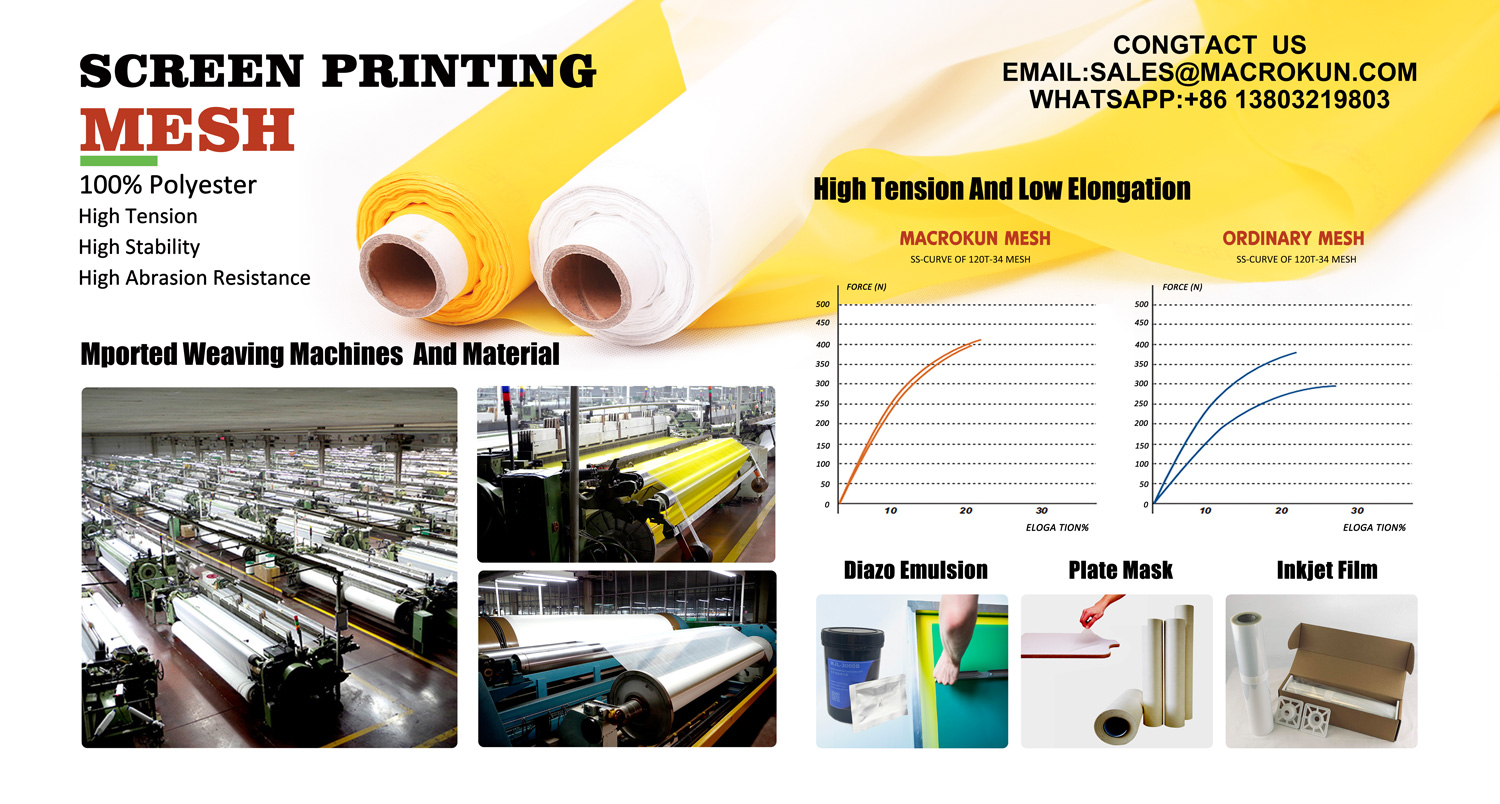
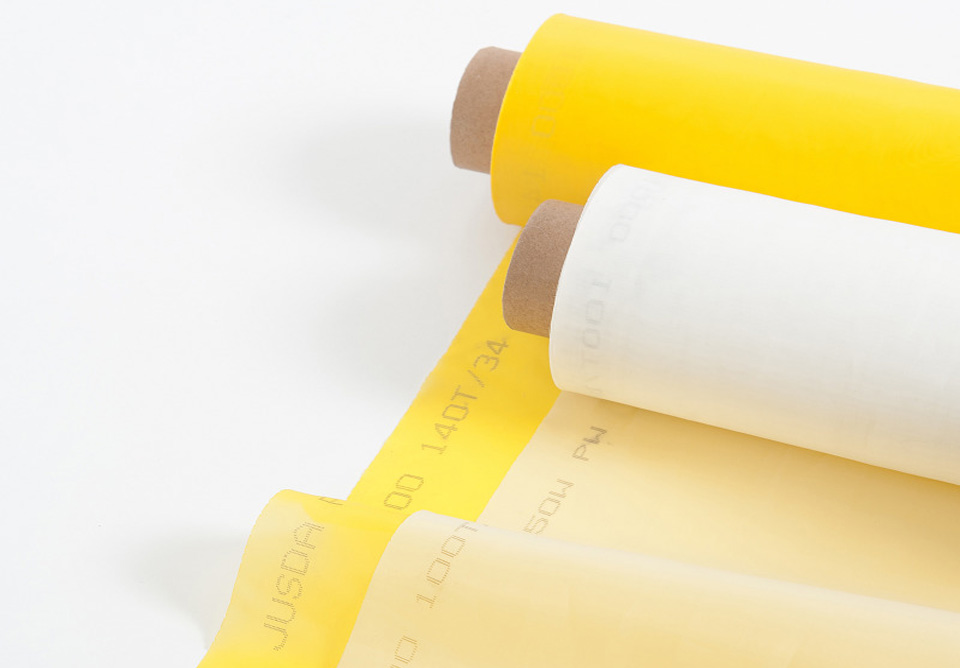
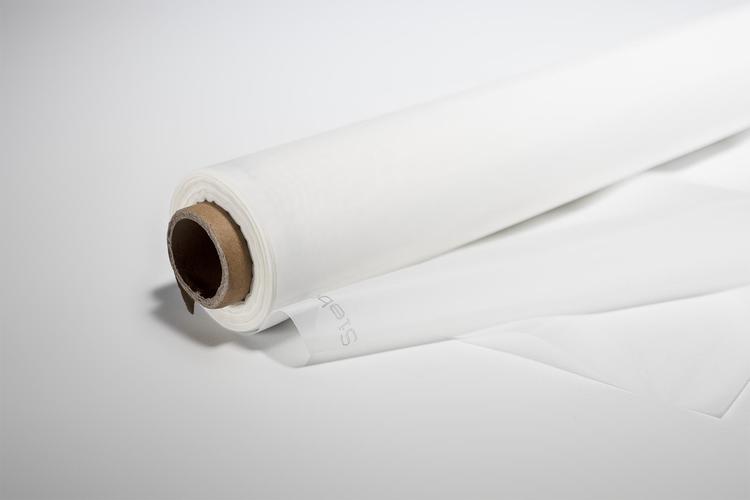
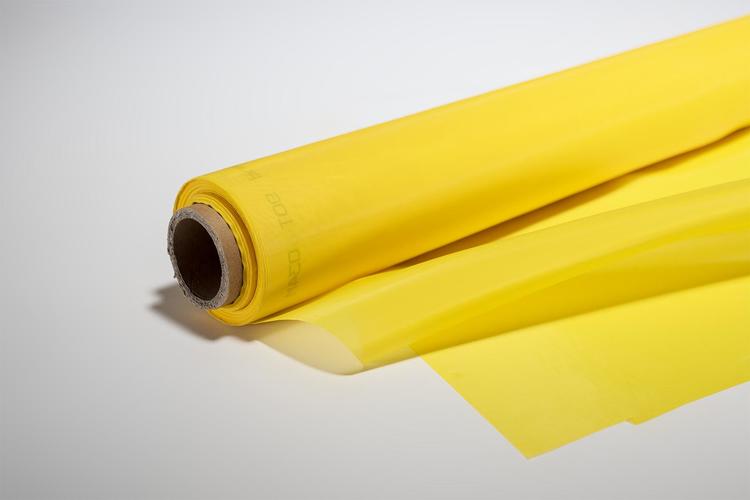
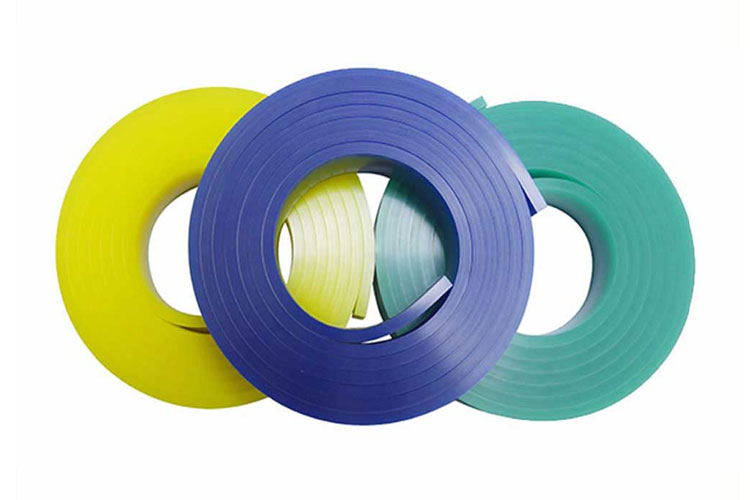
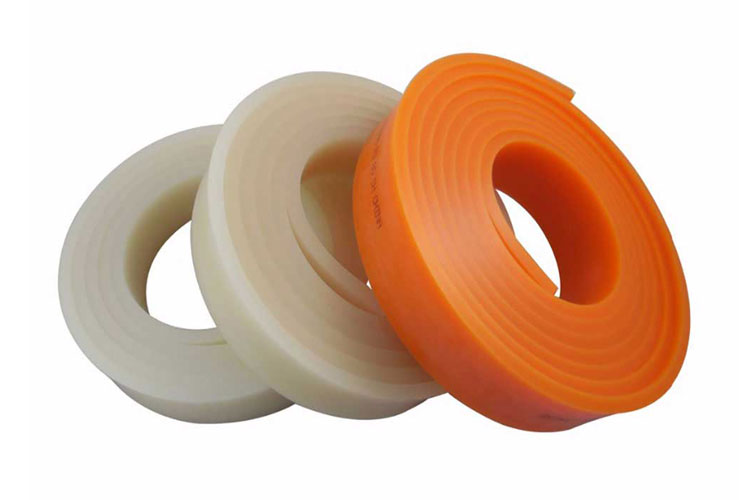

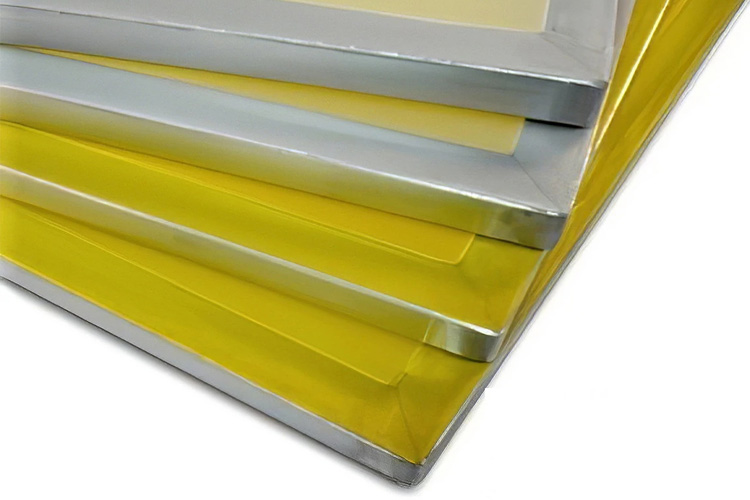
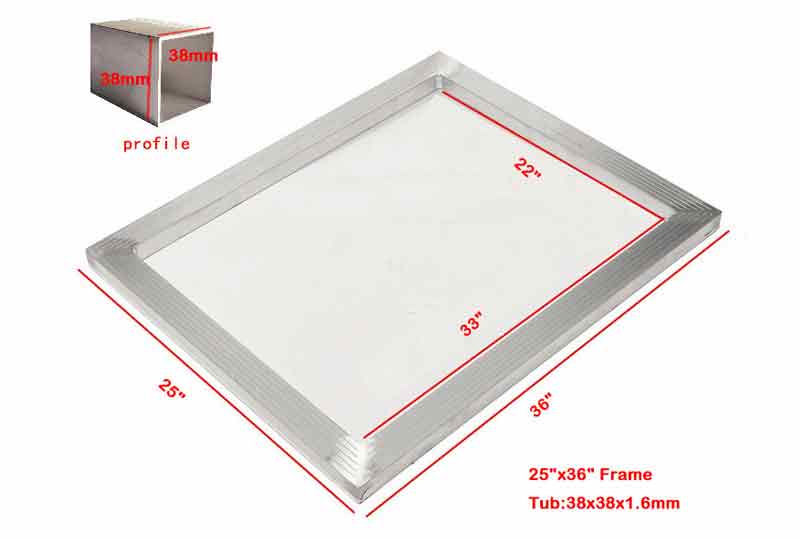
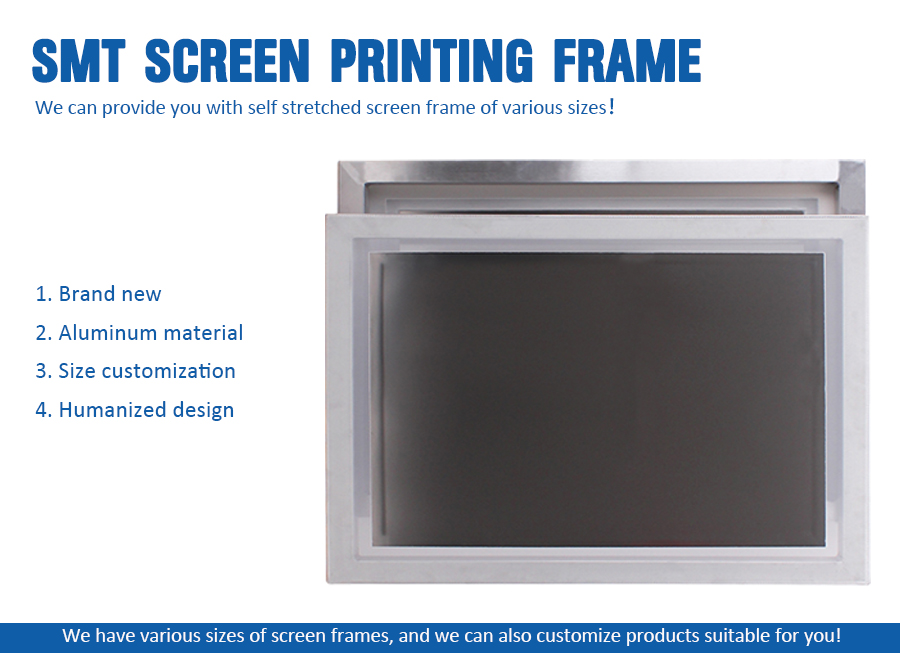
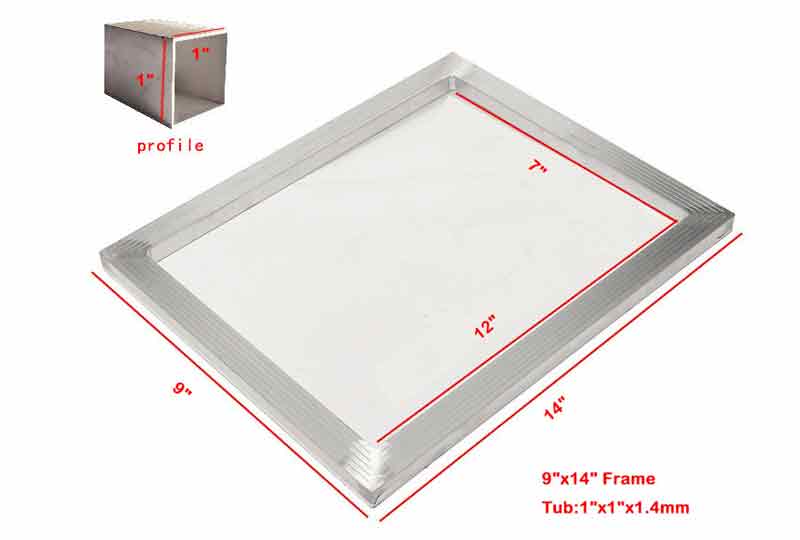
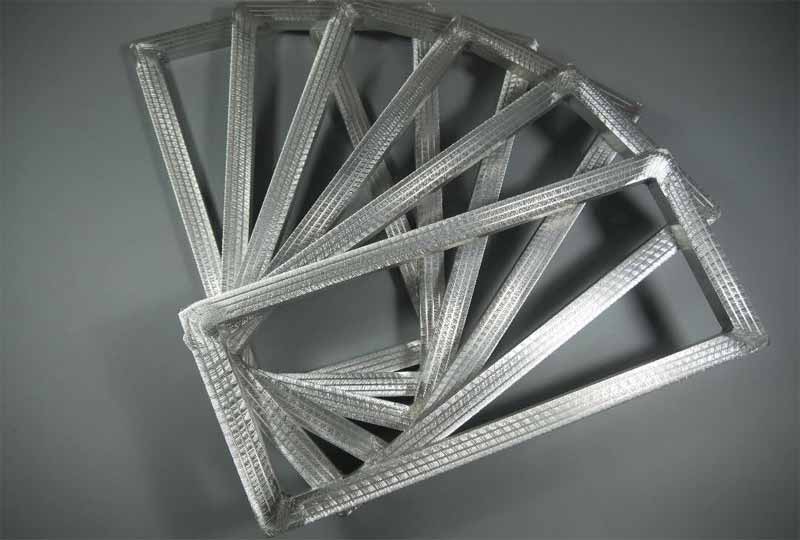
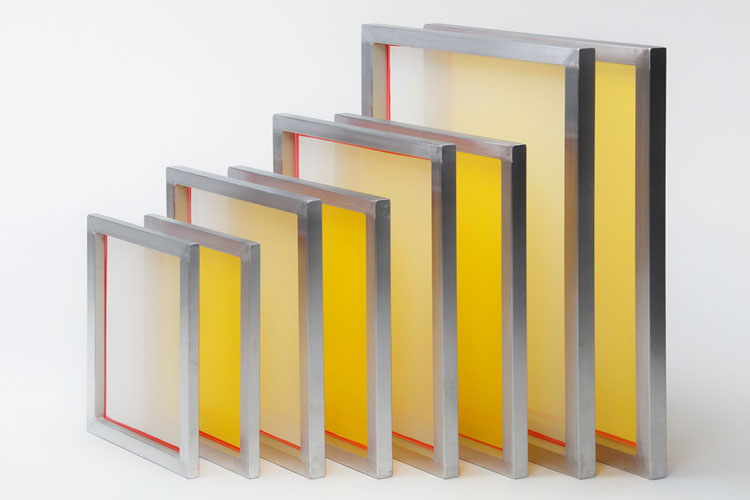
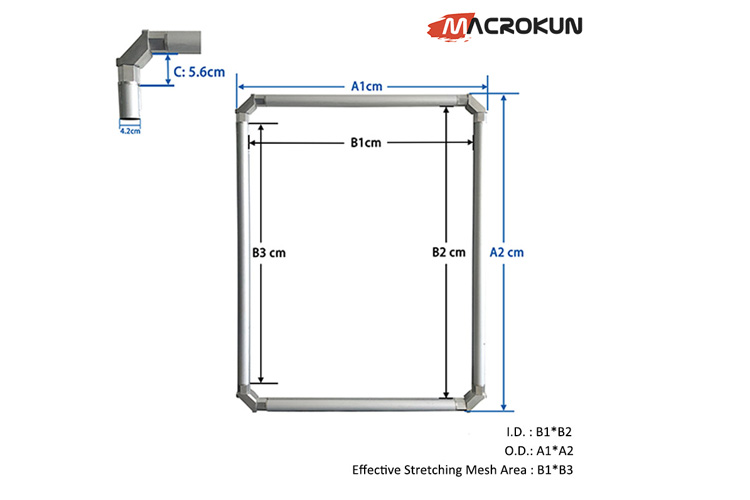
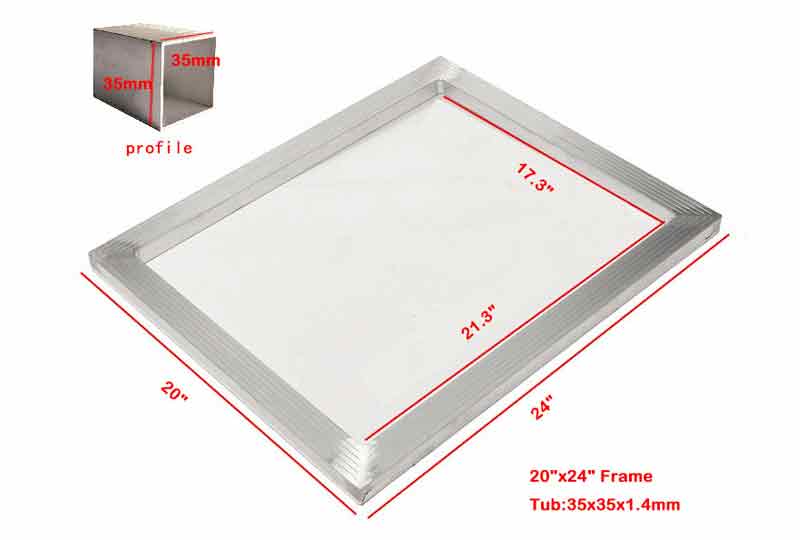
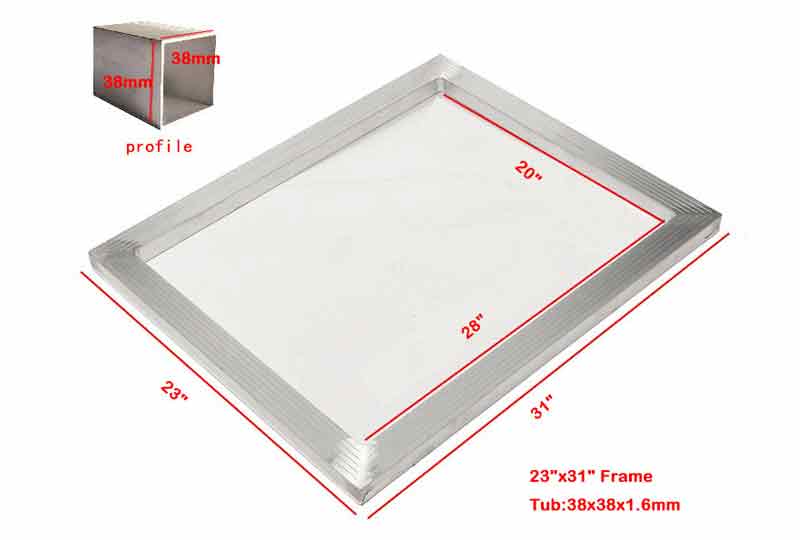
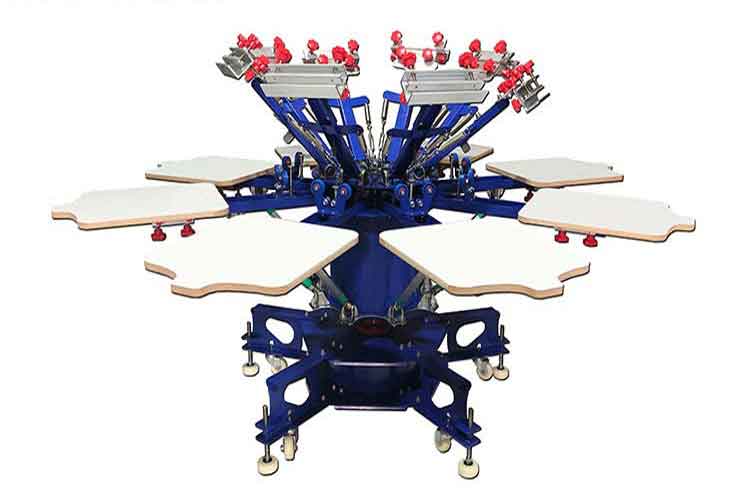
.jpg)
